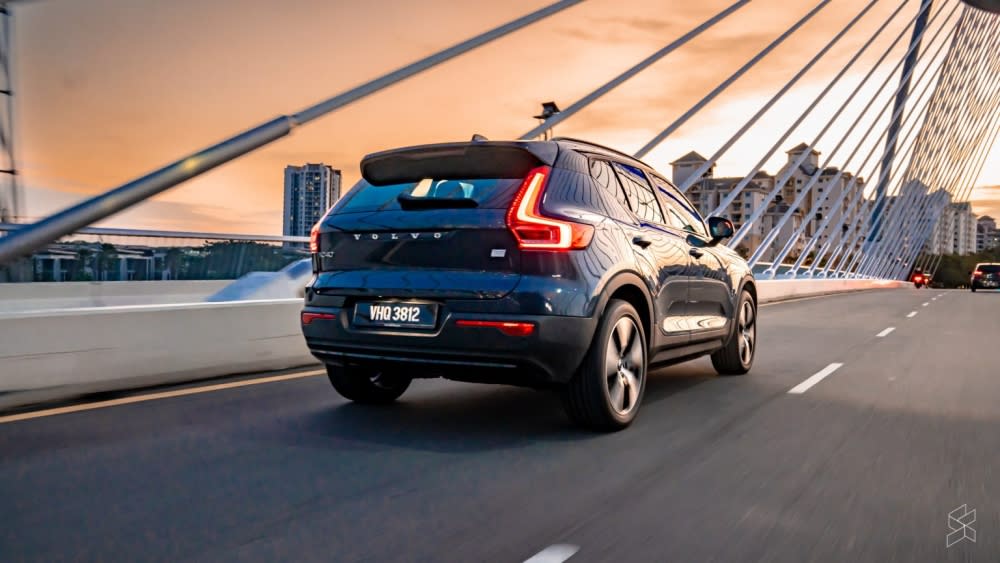Volvo Malaysia recalls 545 cars including C40, XC40, XC60 and XC90 over brake control module issue

KUALA LUMPUR, Jan 29 — Volvo Car Malaysia (VCM) has also issued a recall notice following its global recall for over 106,900 vehicles due to an issue which affects the Brake Control Module (BCM). In Malaysia, a total of 545 Volvo vehicles are affected for the model-year 2023 versions of the XC40, C40, XC40, S60, V60, XC90 and S90.

According to VCM, customers with affected vehicles may experience a stiff brake pedal and the loss of electronic braking support functions. — SoyaCincau pic
According to VCM, customers with affected vehicles may experience a stiff brake pedal and the loss of electronic braking support functions. However, the braking capabilities will still remain via the brake pedal. If the issue occurs, the driver will be warned via the driver information module (DIM).
Volvo says safety is its top priority and they are taking this issue seriously. There are currently no reports of accidents or personal injuries related to the BCM issue in Malaysia. Unfortunately, it appears that affected customers in Malaysia will not be getting the fix via an over-the-air (OTA) software update. According to VCM, owners of affected vehicles will be notified accordingly and will be required to bring their cars to their service centres to rectify the issue.
In 2022, VCM delivered 3,194 vehicles which is a record high for the Swedish brand and they sold 395 units in December 2022 alone. Volvo is the first carmaker to locally assemble EVs in Malaysia starting with the XC40 and the sportier C40.
As reported recently, the BCM issue can cause the loss of the Antilock Brake System (ABS), Electronic Stability Control (ESC) and traction control. It may also affect other advanced driver assistance system features such as adaptive cruise control and one-pedal driving. If the problem occurs, the issue will not affect the drivers’ ability to apply the brakes manually as the vehicle will revert to its hydraulic system to slow down the car to a complete stop. — SoyaCincau



